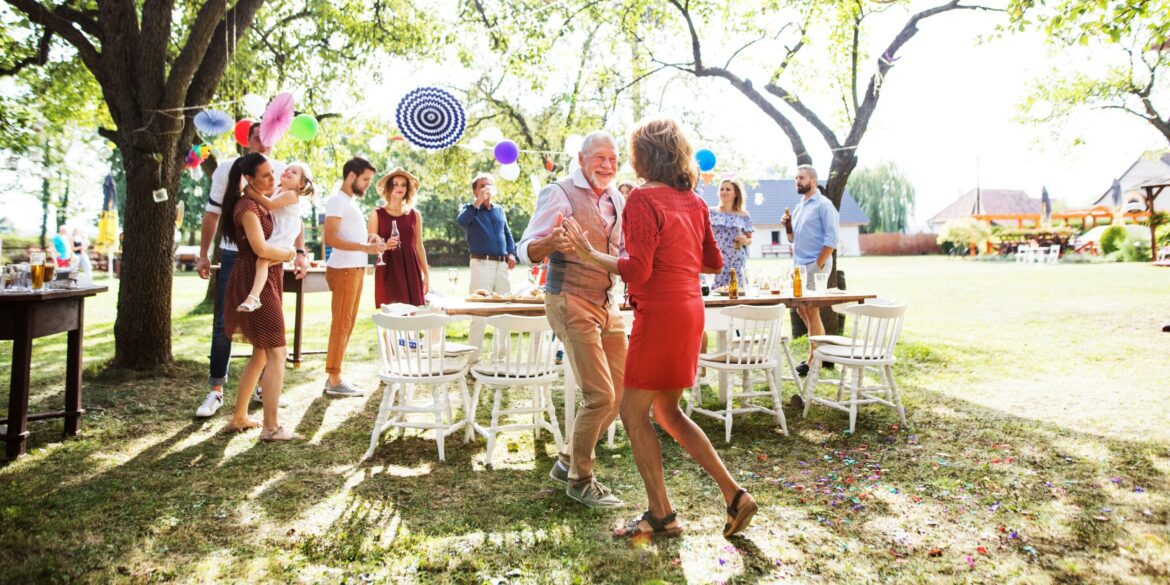On October 4, 2025, the 3rd USA Festival of Education took place in Potomac, Maryland, bringing together educators, innovators, and thought leaders to discuss the future of learning and teaching. This vibrant event, which featured over 50 sessions and presentations, focused primarily on educational innovation, offering a platform for educators to exchange ideas, explore emerging trends, and consider the best ways to adapt to the ever-evolving educational landscape.
While the core of the event centered on pedagogy, technology, and new teaching methods, it also sparked important discussions on the role of the physical learning environment in supporting effective education. Many of the conversations at the festival indirectly highlighted how real estate and the design of educational spaces are increasingly becoming integral to the teaching and learning process. As the needs of students and educators evolve, the demand for schools and educational facilities that are adaptable and conducive to modern educational practices is growing.
One of the key takeaways from the festival was the increasing recognition of how learning environments—such as classrooms, libraries, and common areas—can greatly impact the quality of education. Topics ranged from the importance of flexible classroom layouts that allow for collaborative learning, to the integration of natural light and eco-friendly materials in school design. Presenters emphasized that the future of education relies not only on innovative teaching methods but also on the spaces in which these methods are implemented. As educators consider the best ways to engage students, there is a growing need for real estate that accommodates these progressive approaches to learning.
As schools and universities around the country embrace more technology, flexible teaching models, and interdisciplinary curricula, real estate developers and educational administrators are beginning to prioritize spaces that foster creativity, collaboration, and inclusivity. The event underscored the connection between the educational experience and the environment in which it takes place. With more educators recognizing this, the role of real estate in creating conducive learning spaces is expected to grow in importance.
The festival served as a reminder that the evolution of education extends beyond the curriculum and pedagogy—it also involves rethinking the physical spaces where education takes place. As the conversation about educational reform continues, the integration of thoughtful and innovative real estate design will be critical in ensuring that schools are equipped to meet the needs of both educators and students in the years to come.
With over 50 sessions featuring insights from global thought leaders, the USA Festival of Education provided a comprehensive look at the future of learning, underscoring the importance of building spaces that not only meet current educational needs but also anticipate the demands of the future. As educators and stakeholders continue to discuss these topics, it is clear that the intersection of real estate and education will play an essential role in shaping the educational experiences of tomorrow.

